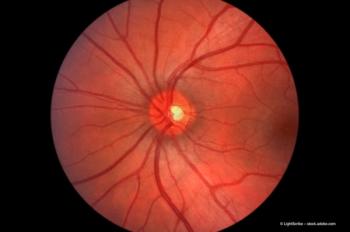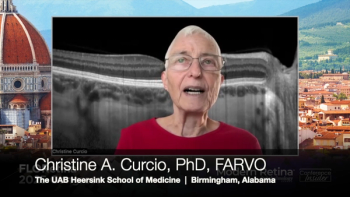
Identifying and tackling PXE
Pseudoxanthoma elasticum (PXE) is an inherited metabolic disease with many systemic manifestations. Although the skin changes are striking, the eye and cardiovascular lesions can be most devastating to the patient.
What are the symptoms?
Different forms of pattern dystrophy can be seen in patients with PXE, taking the form of fundus pulverulentus, butterfly-shaped dystrophy, reticular dystrophy and solitary vitelliform pattern dystrophy. However, it is not uncommon for a combination of these pathologies to be found in the same patient. Others may show progression from one pattern to another during follow-up.
How easy is it to diagnose?
It's been detected, so how do we treat it?
Once the diagnosis has been made, patients should be advised regarding eye protection for contact sports or physical activity as choroidal haemorrhage may occur following trivial ocular trauma, resulting in subfoveal haemorrhage and subsequent scarring, ultimately leading to vision loss.6,7
Newsletter
Get the essential updates shaping the future of pharma manufacturing and compliance—subscribe today to Pharmaceutical Technology and never miss a breakthrough.




























